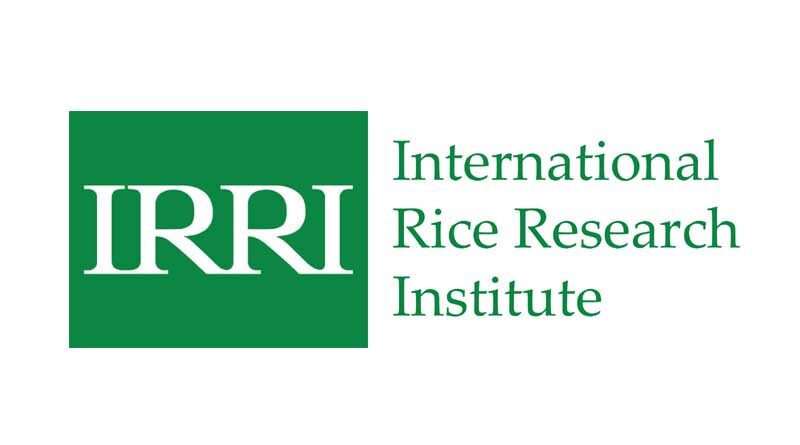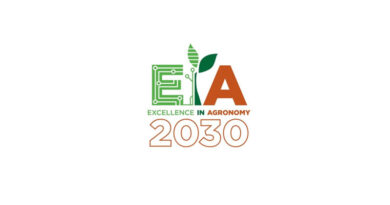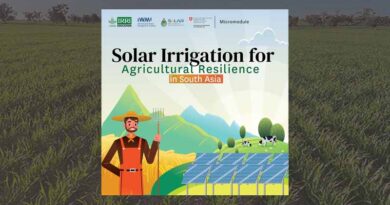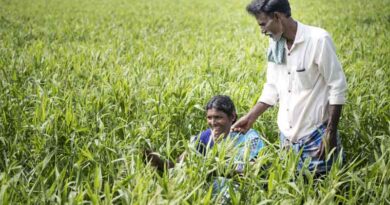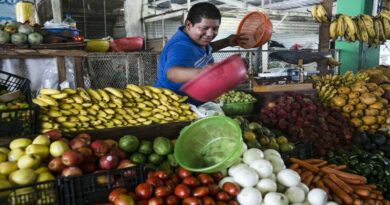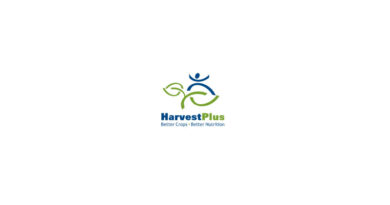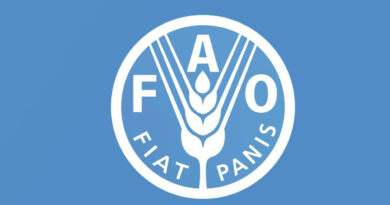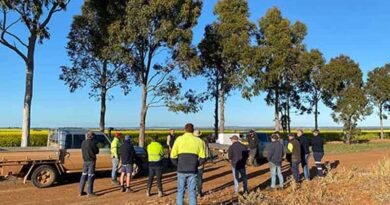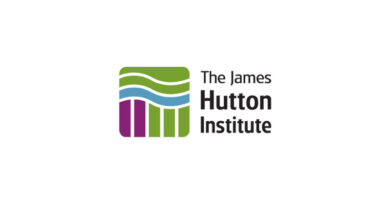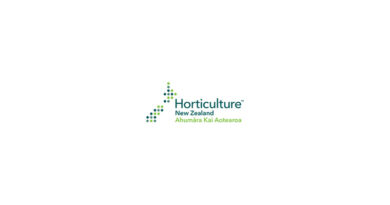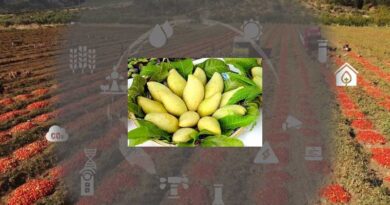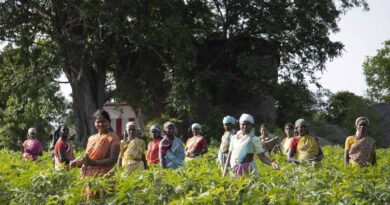Innovation key to sustainable intensification of polder agriculture in coastal Bangladesh
14 December 2020, Bangladesh: The International Rice Research Institute (IRRI) has launched the second phase of the Sustainable Intensification Innovation Lab (SIIL-Polder) project titled “Pathways of scaling of agricultural innovations for sustainable intensification in the polders of coastal Bangladesh.” The overall goal of the project is to improve food security, human nutrition and livelihood of the rural communities in the polders through scaling and evaluating pragmatic and feasible farming approaches for more efficient utilization of available land and water resources to sustainably intensify polder-based agriculture.
Also Read: The Effective Implementation Of Micro Irrigation Projects Especially
Phase 2 of the project was officially launched at a virtual inception workshop on Monday (December 14, 2020). In the first phase of the project that ran from 2015-2019, the focus was on unlocking the potential of polder communities in coastal Bangladesh through improved resource-use efficiency and diversified cropping systems. The project is funded by USAID through Sustainable Intensification Innovation Lab of Kansas State University, USA. For both phases of this project, IRRI has been collaborating with the Kansas State University of USA, the Sustainable Intensification Innovation Lab (SIIL) under the US government’s Feed the Future initiative, and different national partners in Bangladesh.
Speaking as the chief guest, Md. Mesbahul Islam, honorable secretary to the Ministry of Agriculture, said, “The Ministry of Agriculture has been giving special attention to increasing productivity through diversification and intensification of cropping pattern in the coastal areas of Bangladesh. This project is of utmost importance to the Ministry of Agriculture. The Ministry is committed to devising appropriate policies to upscale the research findings of the project by DAE for meeting the future food and nutritional security challenges of Bangladesh.”
Dr. Md. Shahjahan Kabir, director general of Bangladesh Rice Research Institute (BRRI), said, “BRRI has been working in the coastal areas since 1995 and has developed suitable salinity-tolerant, short-duration, and high-yielding rice varieties. Combined efforts will be required from all actors to increase overall agricultural productivity of the coastal region.”
Dr. Lutful Hasan, VC of Bangladesh Agricultural University emphasized the need of capacity building of the new generation so that they can take responsibilities to face challenges of food and nutritional security of the country. He emphasized on engaging the postgraduate students in polder-scale research integrating all the farming system components to improve livelihood of the farming community residing in the vulnerable coastal zone.
In his closing remarks, IRRI Country Representative to Bangladesh, Dr. Humnath Bhandari, thanked all participants and stakeholders, especially the Government of Bangladesh for supporting IRRI’s research and development activities in Bangladesh. He said that IRRI, in collaboration with the NARES partners, will continue to support the Government of Bangladesh in attaining sustainable food and nutritional security through innovative research, improved crop and water management technologies. Also, he mentioned that the SIIL-Polder Project will work closely with NARES partners to develop and scale out appropriate agricultural innovations in the coastal areas.
Using ‘farmer participatory approaches,’ the second phase of the SIIL-Polder project will focus on developing and scaling watershed-scale, community-led water and crop management practices, promote, evaluate, and scale-out rice-sunflower and rice-maize cropping systems, strengthen service entrepreneurship involving women and youth around mechanical harvesting, assess synergies and trade-offs associated with the newly introduced cropping systems, evaluate alternative agricultural landscape options and build capacity of the farming community and extension workers.
Notable attendees of the workshop included Dr. Ajay Kohli, Deputy Director General (Research) of IRRI; Dr. Vara Prasad, Director of the SIIL project under the Kansas State University; Prof. Dr. Lutful Hassan, Vice Chancellor of Bangladesh Agricultural University; Guy Jones, team leader of BlueGold; Dr. Nathu Ram Sarker, DG of Bangladesh Livestock Research Institute; Dr. FH Ansarey, managing director of ACI Limited; Dr. Krishna Jagadish from Kansas State University (KSU); Dr. Sudhir Yadav, senior scientist at IRRI; Dr. Monjurul Alam from the Bangladesh Agricultural University; Ignacio Ciampitti from the KSU; Dr. SM Bokhtiar, Executive Chairman of Bangladesh Agricultural Research Council; Dr. Jiban Krishna Biswas, Executive Director of Krishi Gobeshona Foundation; Dr. Md. Nazirul Islam, DG of Bangladesh Agricultural Research Institute; Dr. Mirza Mofazzal Islam, Director General of Bangladesh Institute for Nuclear Agriculture; Mahfuj Hossain Mridha, Director of Field Services of the Department of Agricultural Extension; and Engineer Amirul Hossain, project director of Bangladesh Water Development Board.

